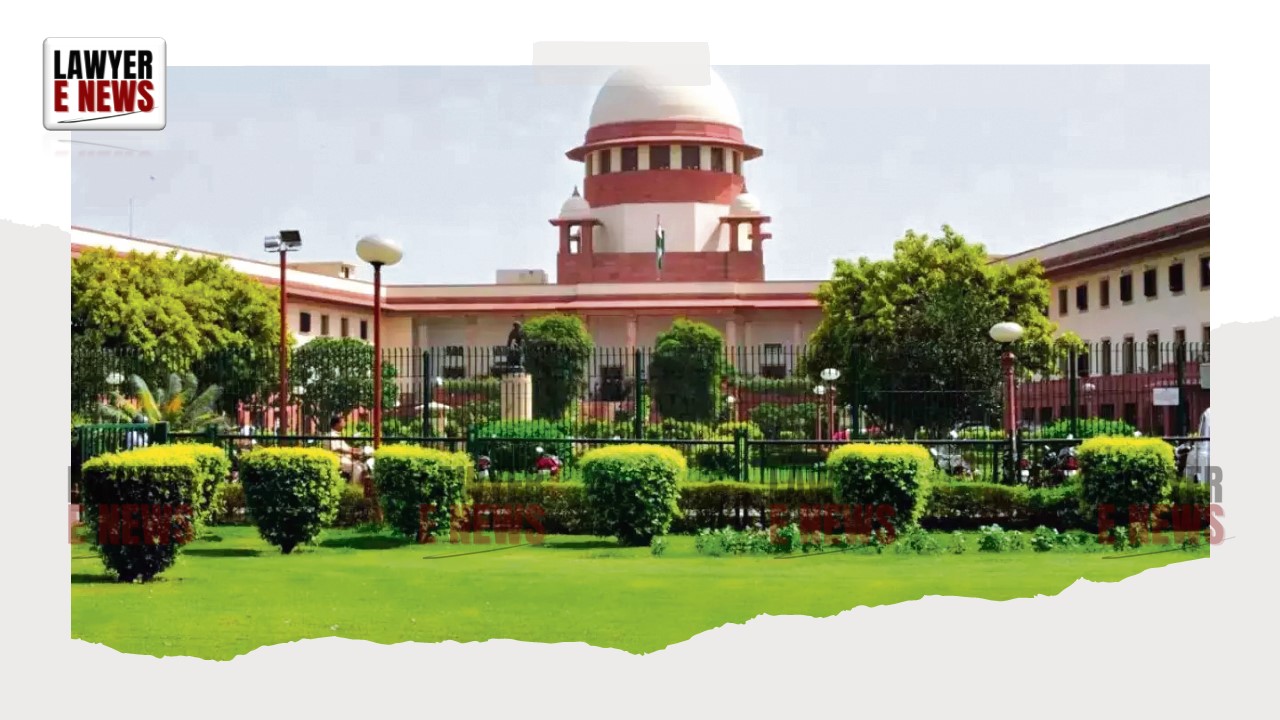-
by Admin
15 February 2026 5:35 AM



On September 12, 2024, the Supreme Court of India, in Ravinder Kumar v. State of Haryana, quashed the FIR registered against the appellant under the Pre-Conception and Pre-Natal Diagnostic Techniques (Prohibition of Sex Selection) Act, 1994 (the 1994 Act). The case centered on allegations of illegal sex determination practices. The court ruled that the raid conducted on the appellant's clinic was illegal due to non-compliance with procedural safeguards, and as a result, the prosecution was deemed an abuse of the process of law.
Ravinder Kumar, a practicing physician and radiologist, faced charges of conducting illegal sex determination and medical termination of pregnancy. A police raid was carried out at his clinic on April 27, 2017, based on allegations against a co-accused, Dhanpati, of running a racket involving these illegal activities. A decoy patient was used in the operation, and the police recovered cash and a USG report with Kumar’s signature, leading to the filing of an FIR.
Kumar filed a petition seeking to quash the complaint and FIR, but the Punjab and Haryana High Court dismissed his plea. He subsequently appealed to the Supreme Court.
The key legal issue revolved around the legality of the search conducted at the appellant's clinic under Section 30(1) of the 1994 Act. Kumar’s defense argued that the search was not authorized by the full District Appropriate Authority, as required by law, but was carried out solely on the orders of the Civil Surgeon, the chairman of the authority. The defense contended that this rendered the search and subsequent FIR illegal.
The Supreme Court focused on the procedural lapses in the raid, particularly the non-compliance with Section 30(1) of the 1994 Act. According to the Act, the Appropriate Authority must collectively decide to authorize a search based on “reason to believe” that an offence has been committed. However, in this case, the Civil Surgeon acted unilaterally without consulting the other two members of the authority, violating the law’s procedural safeguards.
Justice Abhay S. Oka emphasized that “if a single member of the Appropriate Authority authorizes a search, it will be completely illegal.” The Court held that the absence of a decision from the full authority made the search invalid, and the material recovered during the raid could not be used to support the FIR or complaint. Since the search itself was illegal, the continuation of prosecution would amount to an abuse of legal process.
The Supreme Court allowed the appeal, quashing both the FIR and the complaint. The Court underscored the importance of adherence to procedural requirements under the 1994 Act to prevent misuse of the law and protect individuals from illegal searches.
Date of Decision: September 12, 2024
Case Title: Ravinder Kumar v. State of Haryana
